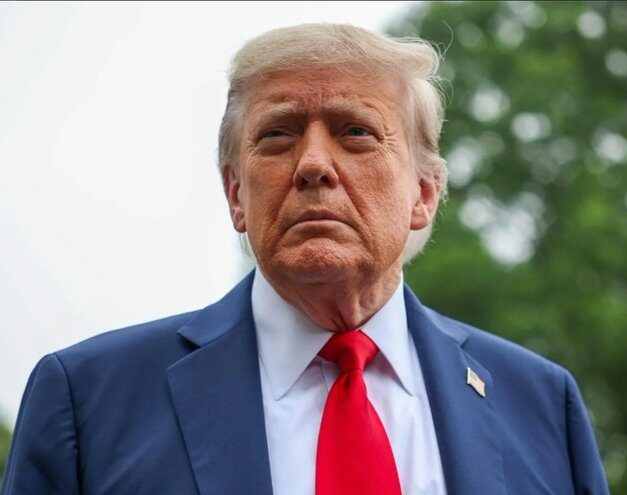On July 7, 2025, US President Donald Trump dramatically escalated global trade tensions by announcing a sweeping set of new tariffs, including a 30% levy on all imports from South Africa starting August 1, and tariffs up to 40% on goods from several other countries. The move, justified by Trump as a step toward “reciprocal trade,” has sparked immediate backlash from international partners, with South Africa’s President Cyril Ramaphosa leading the criticism and denouncing the tariffs as “unilateral” and “unjustified”.
The Tariff Announcement
President Trump’s tariff decision follows months of mounting rhetoric about what he calls unfair trade practices by America’s trading partners. In a series of official letters sent to the heads of state of more than a dozen countries, Trump outlined the new tariff rates, stating that the US must “move away from these long-term, and very persistent, trade deficits engendered by tariff, and non-tariff, policies and trade barriers”. The tariffs, he emphasized, are intended to force countries to open their markets to US goods and to remove what he views as structural barriers to fair trade.
For South Africa, the announcement is especially significant. The US is South Africa’s second-largest trading partner, and the new 30% tariff will hit key export sectors, including automobiles and agriculture, which have previously enjoyed duty-free access under agreements like the Africa Growth and Opportunity Act (AGOA). Trump’s message was clear: unless countries “open their previously closed trading markets to the United States, remove tariffs, and non-tariff barriers,” the tariffs will remain, and could even be raised further.
South Africa’s Response
President Cyril Ramaphosa quickly condemned the US move, calling it a “misrepresentation of trade realities” and insisting that the 30% tariff is based on “contested data”. According to Ramaphosa, the average tariff on goods entering South Africa is just 7.6%, and 77% of US goods enter the South African market duty-free. He argued that the US administration’s interpretation of the trade balance is flawed and does not reflect the actual, more open nature of South Africa’s market.
Ramaphosa’s government has also highlighted ongoing diplomatic efforts to resolve the dispute. South Africa has submitted a Framework Deal to the US that addresses concerns about trade surpluses and alleged non-reciprocity, but as of early July, was still awaiting a formal template from Washington to guide further negotiations. The South African president has urged local businesses to diversify their export markets and strengthen supply chain resilience in anticipation of potential economic fallout.
Broader International Backlash
South Africa is not alone in its opposition. Trump’s tariff blitz targets at least 14 countries, including major US allies such as Japan and South Korea, with rates ranging from 25% to 40%. The president’s approach has been widely criticized as destabilizing, with many leaders warning that such unilateral measures risk sparking retaliatory trade wars and undermining global economic stability.
International economic experts have also questioned the logic behind the tariff formula, noting that it often bears little relation to actual trade barriers and could have unintended consequences for global supply chains. Some analysts have described Trump’s actions as “the biggest trade policy shock in history,” with the potential to disrupt markets far beyond the targeted countries.
Implications for US-South Africa Relations
The imposition of a 30% tariff on South African goods threatens to upend a longstanding trade relationship. South African exports to the US, particularly in the automotive and agricultural sectors, are likely to suffer immediate losses. The South African government has warned that the tariffs could force local industries to cut jobs and reduce investment, especially if the US market becomes less accessible.
At the same time, the Trump administration has left the door open for negotiations. In his communications, Trump noted that the tariffs could be “modified upward or downward, depending on our relationship with your country”. This suggests that concessions or new trade agreements could still avert the harshest impacts, although the path forward remains uncertain.
Conclusion
President Trump’s new tariffs mark a bold—and controversial—turn in US trade policy. While the administration frames the move as a necessary correction to years of “unfair” trade, critics argue that it risks damaging vital economic relationships and undermining the global trading system. As South Africa and other affected nations mobilize diplomatic and economic responses, the world watches closely to see whether negotiation or escalation will define the next chapter in this unfolding trade conflict.

